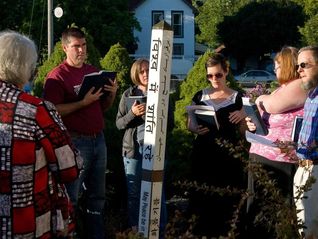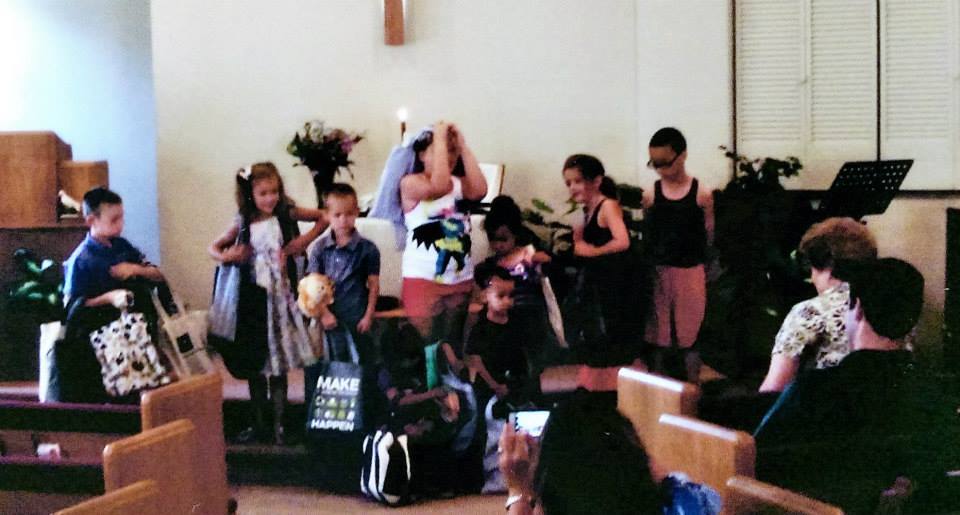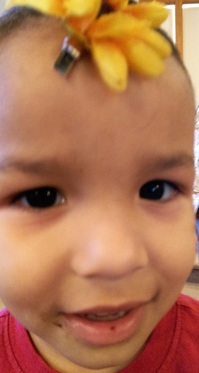 Mark 10:35-45 "...Dame Stephanie Shirley remembers “I was clutching the hand of my 9-year-old sister, and had very little idea as to what was going on. What is England and why am I going there? I was lucky, and doubly lucky, to be later reunited with my birth parents. But, sadly, I never bonded with them again. But I've done more in the seven decades since that miserable day when my mother put me on the train than I would ever have dreamed possible. I loved England, my adopted country, with a passion that perhaps only someone who has lost their human rights can feel. I decided to make mine a life that was worth saving, and then I just got on with it.” Scripture is filled with stories of the foreigner, downcast and marginalized transforming the mainstream community. ... In Matthew and Mark a woman anoints Jesus' head, while in John, we read “Six days before the Passover Jesus came to Bethany, the home of Lazarus, whom he had raised from the dead. There they gave a dinner for him. Martha served, and Lazarus was one of those at the table with him. Mary took a pound of costly perfume made of pure nard, anointed Jesus’ feet, and wiped them with her hair. The house was filled with the fragrance of the perfume.” Mary anoints his feet and suddenly Jesus is kneeling before the disciples in the very next chapter. These days we usually anoint for healing, but most biblical anointings are to commission kings. Earlier in the gospel of John, chapter 6 verse 15, Jesus refuses to be anointed king by the people gathered by the Sea of Galilee, after the feeding of the multitudes. But as Mary anoints his feet, she prepares Jesus for his first kingly act - a grand entrance into Jerusalem on the first Palm Sunday. Soon after, king Jesus kneels and washes the disciples feet. Now do you know about feetwashing in 1st century Palestine? It wasn't an odd religious ritual then, it was a run-of-the-mill moment of hospitality, performed by a woman or a slave of the household. King Jesus kneels as a woman, as a slave, and turns the world upside down.... Some of us don’t like to call Jesus king, because we don’t use those regal words or mindsets today, but Jesus is an upside down king, he became king by his feet, not his head. Jesus lords under us, he never lords over us. We honor Jesus’ teachings and live lives worth saving as we dive into this upside down world with Jesus where slave becomes master and master becomes slave. We must renounce each and every worldly power and privilege that we have ever lorded over one another. They have no place in Jesus' upside down kindom. It is only through mutual vulnerability and ability that we can strive for the radical equality of the kindom of God. We live into our ability when we wash another’s feet, claiming the power and the right to cleanse another in the manner of Jesus. The honor is so astounding that we are inevitably humbled – the task of a slave is now the glory of God. Jesus knelt as a slave to demonstrate that we all have the power to participate in one another’s healing and ongoing journey toward wholeness...."
1 Comment
|
Archives
January 2022
|



 RSS Feed
RSS Feed